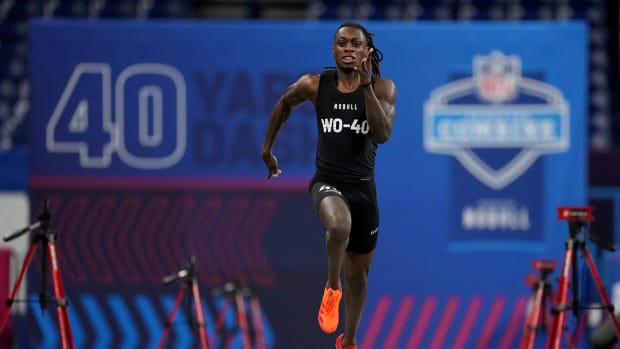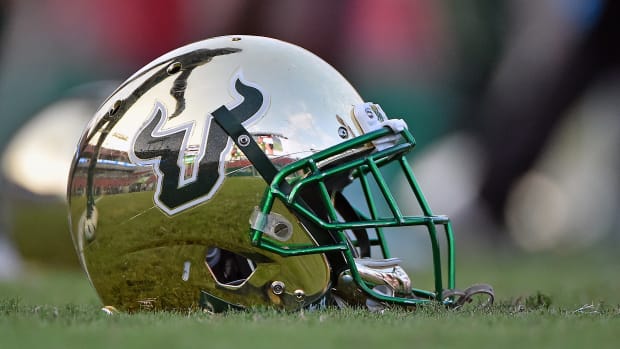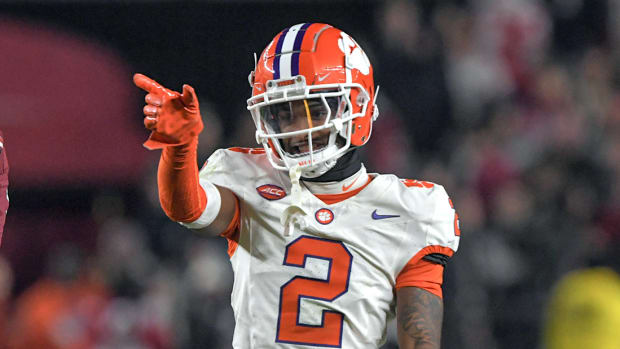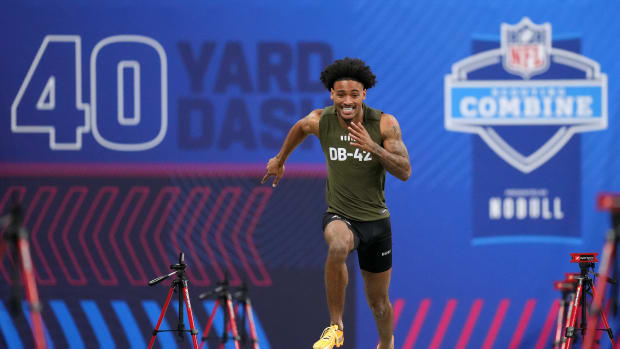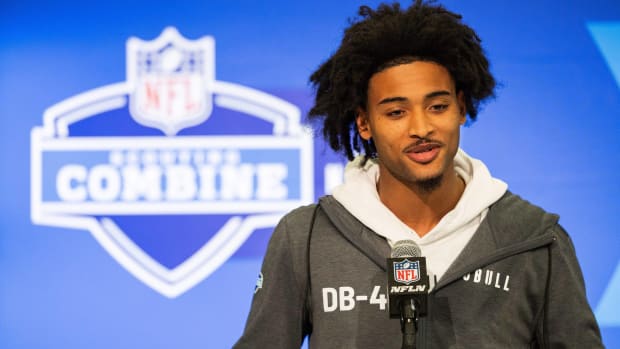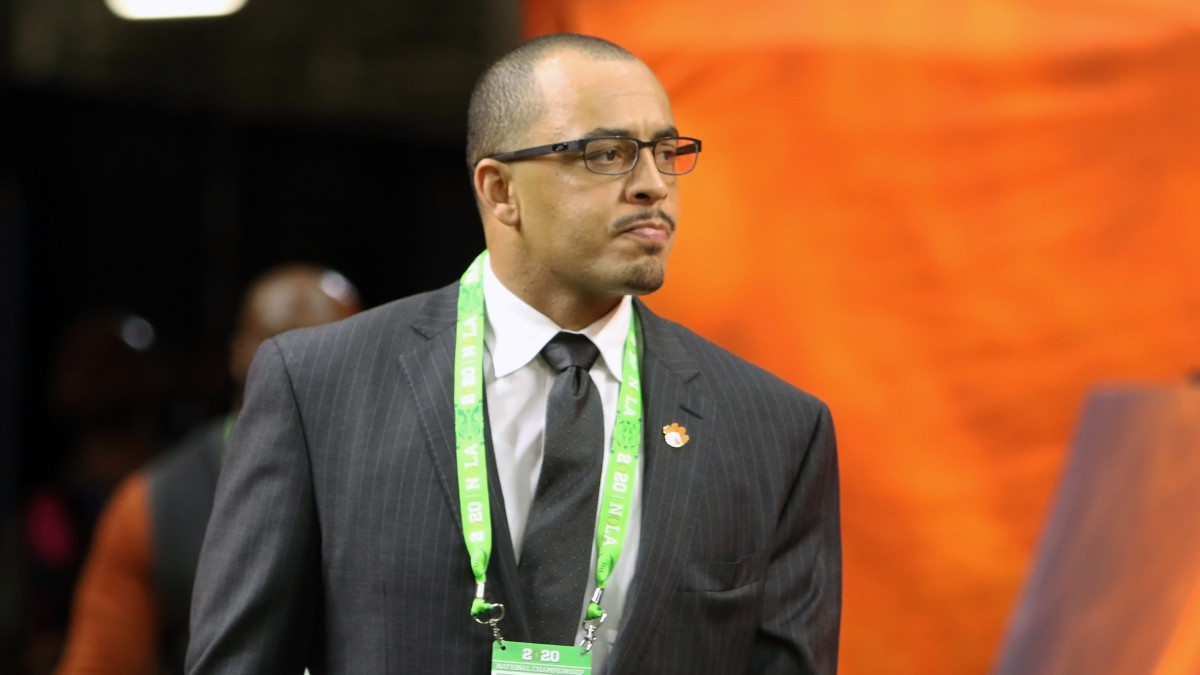
It's Bigger Than Football For Clemson's Tony Elliott
Clemson offensive coordinator Tony Elliott knows a little something about hard work. He came to Clemson back in 1999 as a walk-on receiver, and by the time his playing days were done, he had accomplished something very few walk-ons do. His teammates honored him by making him a team captain in 2003.
"Even though I wasn’t nowhere near the most talented guy in the receiving room," Elliott said. "He (Dabo Swinney) challenged me to be the best version of myself, which resulted in me being able to earn the respect of my teammates. Be a team captain, which doesn’t likely happen for a walk-on kid, that’s maybe the fourth guy on the depth chart at receiver.
After being promoted to co-offensive coordinator alongside Jeff Scott in 2014, Elliott has always made the effort to be more than just a coach to his players. He prides himself on being someone his players can look up to, and that is a big part of what drew him to the coaching profession and a big part of what draws players to him.
"You know, that’s why I got into coaching," Elliott said. "You know, I didn’t get into coaching for the accolades, and the notoriety, and everything that comes with it superficially. I got into the profession because football was that for me. You know, it taught me how to be the best version of myself and that’s what I want to do with my players. I want them to be the best of themselves."
Elliott knows exactly what kind of influence football players can have in today's world. With the advent of social media, players have a platform, unlike anything most of those who came before them could ever imagine.
"And really, in our society," Elliott said, "with the platform that these guys have, they can really impact change if they’re just the best version of themselves. You know? And because ultimately when you’re the best version of yourself, I mean you’re dying to share that with somebody."
He tries to instill a value of selflessness in his players and hopes they understand that it isn't all about them. It is a quality the coaching profession, and society in general could use more of these days.
"You know, you don’t want anything in return," Elliott said. "You just want to pass that forward to somebody else. And so with all my guys, that’s a core value in our program. That’s who Coach Swinney is. That’s how he coached me."
For Elliott, it has always been about more than just coaching players on the field. He is aware of the fact that life is about so much more than wins and losses, or how many touchdowns you scored.
For every player, there comes a time when he can no longer execute a perfect post route, or take a quick pitch and go 40 yards for a touchdown. It is much bigger than that, and Elliott wants his guys as prepared as possible for whatever lies ahead.
"When it’s all said and done," Elliott said, "no one’s going to care about the records... Nobody’s going to care about the national championships. Really, I’m going to be judged by how did I impact this young man’s life for the three to five years that I had him."
